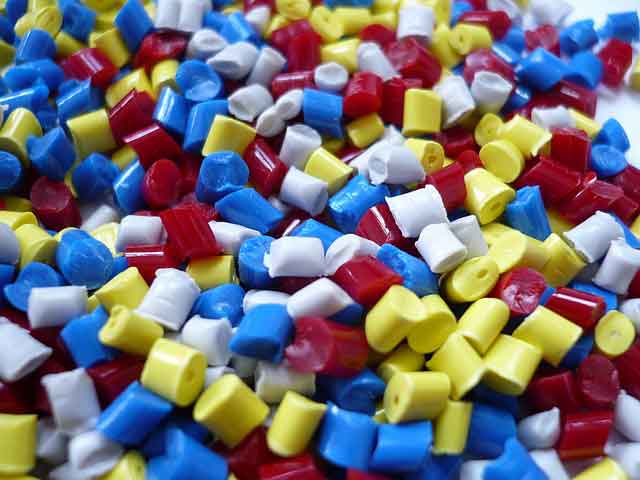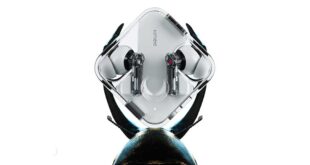Parylene conformal coatings is a pinhole-free ultra-thin polymer that provides many high-value surface treatment properties like a dielectric and chemical barrier, UV and thermal stability, adequate moisture, and dry-film lubricity. These characteristics make it ideal for many applications throughout the transportation, electronic, aerospace, defense, and medical industries. The coatings are commonly applied in a liquid form by spraying, brushing, or dipping.

As commonly used in the medical industry, parylene coating refers to
organic coating materials with a polycrystalline or linear structure. A layer of parylene coating is extraordinarily thin, smooth, chemically inert, and possesses dielectric properties. Coatings are applied at ambient temperatures using specialized vacuum deposition equipment. Click here to reach out the right equipment for your needs.
Solid granular is heated under vaporized and vacuum conditions to convert it into dimeric gas, which is then pyrolyzed to cleave the gas to its monomeric form. The coating is an engineered polymeric film-forming product that protects electronic devices from harmful environmental conditions like moisture, thermal shock, static, vibration, and contamination.
Parylene is a name for a special series of polymers, which is based on Paraxylene. It is used as a gas that disperses evenly throughout the chamber to target surfaces the material forms as a transparent polymer
film. The resulting plastic is very conformal and thin; it completely coats a substrate to protect it from different conditions such as moisture, fungus,
and chemical, environmental attacks.
The coatings’ uses include automotive parts, military devices, medical and o –rings implants, and circuit boards. Parylene is a poor electrical conductor, making it suitable for LED signage and does not require a lightweight coating to protect electrical components from the elements. The defect-free layer, once solidified, is up to 200 times thinner than a human hair.
The coating is transparent and thin, which makes it ideal for optical
applications. In turn, it is also biocompatible, chemically inert, and approved for use in medical industries. It also complies with low outgassing
requirements in a vacuum environment. The main uses of Parylene
coatings are human implantable devices, circuit boards, surgical and
various electronic equipment.
Key Properties of Parylene Conformal Coatings
● Provides a thin film, allowing assemblies to be coated entirely without increasing their size or loss of material thickness around the edges of components.
● Provides good mechanical characteristics and remains stable at
different temperatures.
● Provides a water-resistant coating barrier for marine and electrical applications
● It is resistant to the corrosive effects of alkaline and acidic materials.
● Reduces the vibration effects for electronics
● It has high fungal and chemical resistance, good electrical properties, and a good barrier to gases.
● It coats the entire assembly and leaves no areas open to exposure.
● It can be coated with urethane to make an abrasion-resistant layer without affecting device performance.
● Meets different military specifications.
What Parylene Is Used For
It provides Insulative Properties and High Chemical Resistance
The coating is applied using a polypropylene coating process; the solid Parylene dimer is heated to a vaporous state; it is condensed on the target assemblies to be coated. This process makes the coatings to be uniform in thickness and completely pinhole-free.
The versatile coatings are used in electronics, aerospace, automotive, and medical industries. Subsequently, it penetrates easily and can withstand a range of substrates, including elastomer, glass, and plastic.
Many industries use the coating to protect and coat surface devices and components. The coating is unique since it is produced at average room
temperature and does not need a liquid form for application. The applications can penetrate very narrow spaces and provide a good barrier with excellent thermal endurance while biologically and chemically stable.
Used For Implants and Medical Devices
It is the best conformal coating material for medical industries because it is biocompatible and has little risk of complications; it also meets different medical requirements.
Improve Moisture and Chemical Resistance
The physical characteristics make it resistant to different hostile environmental conditions; thus, it is the ideal conformal coating material for medical and military consumers.
 Technology News, Reviews and Buying Guides review, monitor review, tablet review, laptop review, mobile review, smartphone review, buying guide,
Technology News, Reviews and Buying Guides review, monitor review, tablet review, laptop review, mobile review, smartphone review, buying guide,


